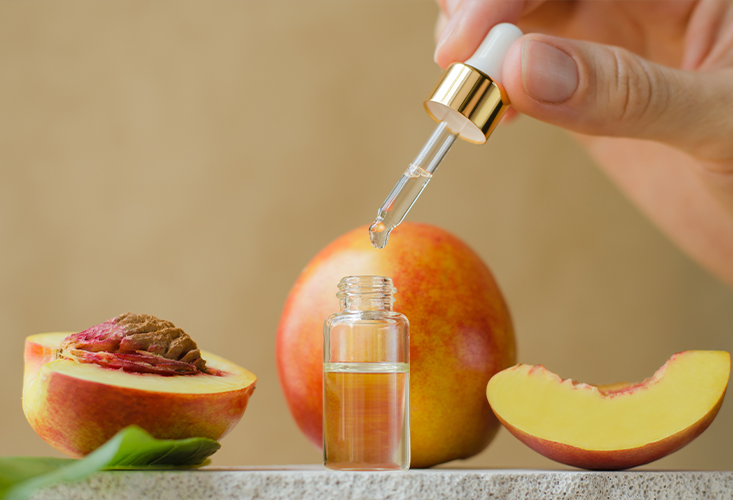Hair loss is a complex condition influenced by various factors, including genetics, hormonal changes, stress, and environmental factors. However, one of the most significant contributors to hair loss is vitamin deficiency. The hair follicles, like any other part of the body, require proper nutrition to function optimally. When the body lacks essential vitamins, the health of hair follicles and strands can be compromised, leading to thinning hair and eventual hair loss. Several vitamins play crucial roles in maintaining the health and vitality of hair. These include Zinc, Biotin (B7), other B vitamins, Vitamin E, Vitamin C, and Iron. Each of these nutrients contributes to hair growth and strength in unique ways: 1. Biotin (Vitamin B7) and Other B Vitamins: 2. Vitamin E: - Known for its antioxidant properties, Vitamin E helps protect the hair from oxidative stress caused by free radicals. It also improves blood circulation in the scalp, ensuring that hair follicles receive adequate nutrients and oxygen. Post-hair transplant, Vitamin E is particularly beneficial as it aids in the healing process, reducing inflammation and promoting the repair of damaged tissues. 3. Vitamin C: - Vitamin C is essential for the synthesis of collagen, a structural protein that is vital for maintaining the strength and integrity of hair strands. Additionally, Vitamin C enhances the absorption of Iron in the body, which is crucial for hair health. Its antioxidant properties also help protect the hair from environmental damage. 4. Iron: - Iron plays a fundamental role in the production of hemoglobin, a protein in red blood cells that carries oxygen to the hair follicles. Without sufficient iron, hair follicles may not receive the oxygen they need to function properly, leading to hair loss. Iron deficiency, particularly in women, is a common cause of hair thinning and hair loss. 5. Zinc: - Zinc is vital for hair tissue growth and repair. It helps keep the oil glands around the hair follicles working correctly. Zinc deficiency can lead to hair loss and, in severe cases, can cause the hair to become dull and brittle. Furthermore, Zinc supports the absorption of other vitamins and nutrients, making it a critical component of any hair loss treatment plan. When there is a deficiency in any of the above-mentioned vitamins, the impact on hair health can be significant. Hair follicles may become weak and thin, leading to increased hair shedding and slower growth. Over time, this can result in noticeable hair thinning and bald spots. Before undergoing a hair transplant or any hair restoration procedure, it is crucial to assess the patient's vitamin levels. A thorough examination, including blood tests, should be conducted to determine if there are any deficiencies in key vitamins. This is particularly important in female patients, as they are more prone to certain vitamin deficiencies, such as Iron, which can significantly impact hair health. Ensuring that the patient is in optimal health before the procedure can significantly improve the success rate of the transplant. After a hair transplant, maintaining the health of the transplanted hair follicles is essential. This is where vitamin supplementation becomes crucial: Sunlight exposure plays an indirect yet important role in hair health. Sunlight triggers the production of Vitamin D in the body, which is essential for the creation of new hair follicles. While Vitamin D is not directly addressed in this article, it’s worth noting that spending time in the sun can complement a vitamin-rich diet in promoting hair growth. Vitamin treatment is a crucial component in the management and prevention of hair loss. Whether addressing a deficiency or preparing for a hair transplant, ensuring that the body has adequate levels of essential vitamins like Biotin, Zinc, Vitamin E, Vitamin C, and Iron is vital for healthy hair growth. By taking a comprehensive approach to vitamin supplementation, individuals can significantly improve the health of their hair and the success of hair restoration treatments.Key Vitamins Essential for Hair Health
Vitamin Assessment Before Hair Transplant Surgery
Post-Transplant Vitamin Treatment
The Importance of Sunlight
Understanding Vitamin Treatment for Hair Loss




